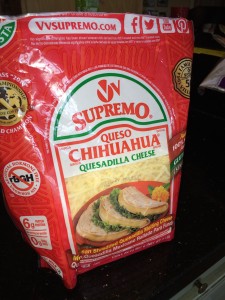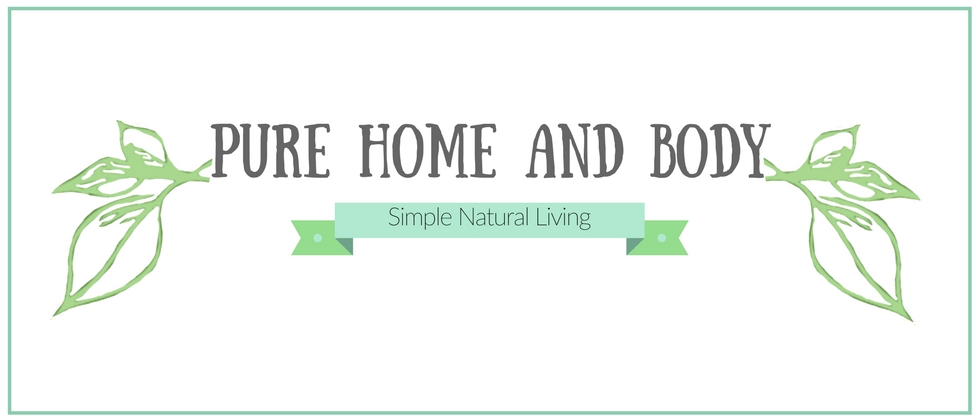Eating dairy is a controversial subject in some health & wellness circles: the debate from vegans as an ethical perspective, it’s potential mucous-forming tendencies from holistic practitioners, it’s health benefits from raw food enthusiasts & paleo diet followers. It is packed with protein, but the cheese-health debate now may becoming more contentious. Not because of it’s natural forms, but rather due to manufacturing and processing.
I like things to be clean, don’t you? I discovered a large amount of grossness in my refrigerator this week while I’ve been deep cleaning. I might show a photo to you later, but as I begin writing this post, I’m just not sure I want to shock you quite that much yet. I know that there are mold and bacteria that can survive subzero temperatures. Ironically, my refrigerator is a “SubZero” model, no pun intended, I think :). Our family loves biology, science and nature. I’m sure I’ve seen more than a couple of documentaries talking about microbes that have been found in the ice. In fact, one biologist I know, Michael Lane at Fort Wilderness Ministries worked with a student intern who now studies bacteria in Antarctica 6 months a year. Michael Lane is an amazing Biologist who has been traveling with students for 25 years to the Florida Keys for a high caliber Biology trip. My son was fortunate to train with him for 4 years, all through high school. Ok, big rabbit trail, but I feel like in some small way I’m connected to the bacteria that grows in Antarctica, and now it’s in it was in my fridge, my boys would think that’s cool. I don’t. I just wanted it gone, so I got out my essential oils & vinegar and spritzed it away, killing mold & mildew without bleach is really the Greenest way to handle it.
Ironically, I ran out this morning to stock up on major quantities of food for a football player dinner this week and had to pick up cheese (mold) for the meal. I knew I wasn’t going to buy a certain kind of cheese for my meal, but I was tempted, by price and convenience. I was also shocked to see every brand of this kind of cheese had the antibiotic/mold inhibitor in it. Really, cheese is mold! This is not new information, right? Why have all the manufacturers jumped on the bandwagon to put this “mold inhibitor” in a certain kind of cheese?? 
My mind has been filled with mold & bacteria all morning. The Triclosan and Microban chemicals that are appearing in all our consumer goods, bacteria that lives on Triclosan in our kitchen drains thanks to anti-bacterial soaps (E. coli exposed to Triclosan increased 400-fold in resistance after repeated exposure to the chemical), and mold-inhibitors in cheese. I discovered this tidbit of information reading labels a few years back. As with most of the information I find in my research, I tucked it away in my brain and recalled it whenever I was tempted to buy certain kinds of cheese. It’s not in all cheese, you have to look at the label and read the ingredients to find out if it’s in your cheese. It was an ingredient that years ago was only in one brand. I remember because I contacted the company by email asking them about the ingredient that resembled all too much a class of pharmaceuticals: “penicillin, amoxicillin, streptomycin”. I was struck at the familiarity of the ingredient I found in the the cheese ingredient label. The company responded that the ingredient was a “naturally occurring mold inhibitor”. End of story. I decided the make my own choice, as you can, to avoid this preservative/antibiotic. Americans already have pretty sterile digestive systems and when traveling often succumb to traveler’s diarrhea because we cannot handle the common microbes that occur in our cultures. Don’t get me wrong, there are some nasty intestinal bugs in international travels, including but not limited to Malaria, ETC (enterotoxigenic Escherichia coli), Campylobacter jejune, and others that require the use of strong antibiotics to preserve health. But are we helping the matter when we are ingesting small amounts of antibiotics in the cheese we are eating?
I was so excited to find 1 brand on the shelf that didn’t have the ingredient in it, so I did end up with a time saver for my meal after all. But I was ready to jump into my own routine as I had for years to avoid the antibiotic. Do you want to know what kind of cheese it is? It’s packaged, pre-shredded cheese. The ingredient is Natamycin, sometimes listed as Natmycin, listed as a “Mold inhibitor” on cheese packaging. It’s in every brand of shredded cheese I looked at stuff-mart, except for this one.
Natamycin is considered a safe food-additive that does not affect gut flora, although it “may affect antibiotic therapy and enzymes in digestion” according to a chemical supplier of Natamycin. Natamycin targets fungi, molds and yeasts(including candida). We do know that there are growing numbers of drug-resistant fungi & yeast, is there any relation to this and Natamycin? There is much research into the effectiveness of Natamycin in food-preservation, but is this a ticking time-bomb in the world of growing drug-resistant bacteria? Time and more research will tell. We already have plenty of antibiotic-resistant bacteria, including microbes that are fungal (fluconazole). 
Have you seen this ingredient in your shredded cheese? Do you purchase pre-shredded cheese? Will this change your shopping routine? I remember when I first discovered it, I was a bit disappointed because I lost a time-saver in the kitchen which we all can use, right? No problem, though. I would be shredding all my cheese, but that’s ok. It’s a simple fix and if it’s just a few extra minutes of my time, my family’s digestive health is worth it. I love to cook good food for my family, there is something simple and loving about it. I know what I’m putting in my recipes and it’s part of whole, pure goodness as much as I can help it.
Are you wondering what things support healthy digestion? There are good and bad bacteria that live in our digestive system. Bad bacteria obviously causes illness and requires medical care. Good bacteria keeps your plumbing running smoothly, assists your body in absorbing nutrients and has often been called our immune system’s headquarters. Dr. Mercola has a great article on how to support a healthy digestive tract and immune system, including eating lots of fermented veggies and avoiding sugar which feed the bad bacteria.
Will you change your shopping & cooking routine after reading this? How do you feel about using shredded cheese? Leave a comment below and let me know! Thanks for stopping by.














No comments yet.